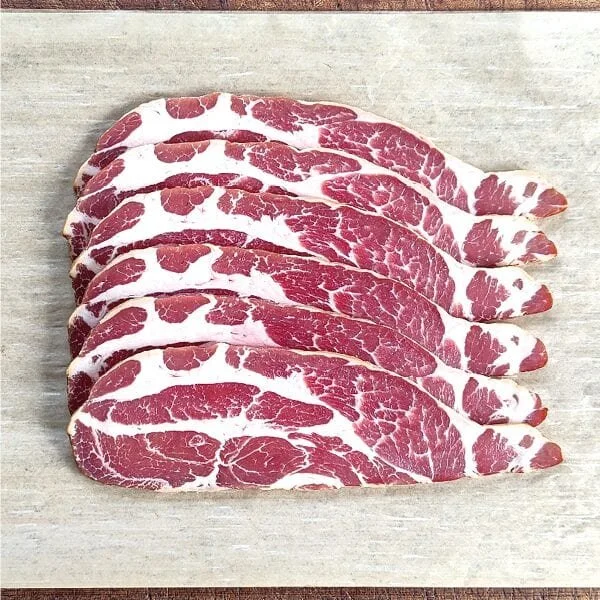Boyton Farm Tamworth Bacon
Due to the continued success of our Wild Boar and Venison Bacon we wanted to expand this in to traditional pork bacon. We also use a reasonable amount of pork trim to make our venison sausages and koftas and in a continued effort to be totally transparent and traceable searched for a single pork producer. Our Berkswell Tamworth Pork comes exclusively from Boyton Farm in Dorset. Their story began over 75 years ago when Joshua Hirst bought his first pedigree Tamworth pig, Jemima. This was the beginning of the Berkswell Herd. His son Charles Wheatley continued to expand and diversify the pedigree Tamworths within his herd, importing and exporting bloodlines, giving new life to this rare breed in troubled times.
The Tamworth pig's closeness to the old English Cottage pig has inspired and prompted Boynton Farm to treat them as such since we as humans first picked up a bucket. From the older sows to new-born piglets, the breed's ability to live out in the English countryside all year round gives them the most extensive lifestyle possible.
Tamworth was traditionally known as the bacon pig due to its long body but, it makes fantastic pork. Pigs are weaned at 16 weeks from the sow and after spending a few weeks together. They are sexed and separated into smaller groups of 6 where they remain as group. They are cared for by Caroline Wheatley-Hubbard and her assistant Liz and are fed and cared for by hand. The growth of these pigs is not rushed and are only finished when ready. They are fed from grain from the farm and supplemented when required with pellets. This is a small pedigree herd where the main priority is to maintain and keep the herd genetics. This beautiful meat produced enable to provide some financial support to maintain the herd. Only 100 pigs per year are produced for Pork so these are very limited numbers.
After arriving at Deer Box we hang the pigs for 4 days before breaking down into primal cuts. It is at this stage that we take our bacon and gammon cuts. Each cut is covered in a traditional dry curing salt rub carefully measured to keep the salt and nitrate content as low as possible while getting a full cure. They are then bagged and sealed to cure for 7-14 days depending on the size of the cut. Once cured, they are rinsed with water and air dried for 5 days before being set aside for cold smoking or ready for slicing and packing. Our smoked bacon is cold smoked for 6 hours using oak smoke shavings to create a fuller flavour.
Each Bacon pack contains between 7 and 10 rashers
Wiltshire-based farmer Cameron Naughton was always ahead of the trend; from the outset, he vowed to rear his pigs as consciously as possible. West End Farm was one of the first farms in the UK to sign up to RSPCA Assured, which is the association's welfare farm assurance and food labelling scheme.
Cameron took over the family business in 2002, and began to search for customers who would understand the importance of looking after the pigs' welfare - customers who would be prepared to pay more for a higher-quality product. West End Farm wholeheartedly believes in the necessity for sustainable and conscious production in farming, and believes that this attention to the welfare and happiness of their pigs produces a better-quality meat. West End Farm exclusively rears Hampshire pigs, for their optimal fat marbling. This then melts during the cooking process, which keeps the pork moist and adds flavour.
Cameron’s 550 breeding sows produce thousands of piglets during a typical 21-week cycle mostly outdoors in the rolling Wiltshire hills.
A recent success story for Cameron was in persuading a local abattoir (just six miles from his farm) to join RSPCA Assured.
“My pigs now only have to travel a very short distance. This is really important to me because long journeys can be stressful. I know my animals enjoy the best life possible on my farm, but their welfare needs don’t stop when they leave to be transported to the abattoir.”
Cameron believes that higher welfare standards don’t just mean happier pigs but also better quality meat. He firmly believes that the breed is important too.
“We rear Hampshires here. It’s a breed that produces good fat marbling in the meat which melts during the cooking process, keeping it moist and imparting flavour. You don’t get flavourful, tender pork without fat.
We make a real effort here to host visits for our customers and their customers. This often includes chefs and restaurateurs. It’s really important that they see our method of farming pigs in practice so they can appreciate the huge effort we put into it.”








